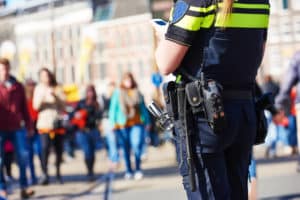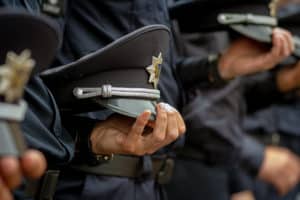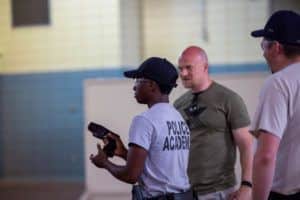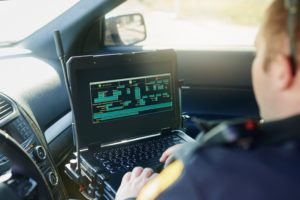A career in law enforcement can be both rewarding and challenging. If you’re considering a career in this field, or you’re a current law enforcement officer looking to change departments or locations, you likely have questions about what the job entails. In this article, we’ll explore the primary duties of police officers, how they maintain public safety, their role in community policing, whether they have to respond to all emergency calls, the paperwork they have to complete, and whether they are trained in first aid.
What are the primary duties of a police officer?
The primary duties of a police officer include protecting the public, maintaining law and order, and preventing and detecting crime. They accomplish these duties by patrolling designated areas, responding to emergency and non-emergency calls, conducting investigations, making arrests, and issuing citations or warnings. Police officers must also write reports and maintain accurate records of their activities.
How do police officers maintain public safety?
Police officers maintain public safety by responding to emergency and non-emergency calls, patrolling designated areas, and enforcing laws and regulations. They also work closely with other public safety agencies, such as fire departments and emergency medical services, to ensure a coordinated emergency response. Additionally, police officers may participate in community outreach programs to educate the public on crime prevention and safety measures.
What is the role of a police officer in community policing?
Community policing is a philosophy that emphasizes the importance of building relationships between police officers and the communities they serve. Police officers who practice community policing work to build trust and establish partnerships with community members to prevent crime and maintain public safety. They may participate in community events, attend neighborhood meetings, and work with community leaders to identify and address local concerns.
Do police officers have to respond to all emergency calls?
Police officers are typically required to respond to all emergency calls. However, the priority of the call may determine the response time. Emergencies that threaten life or property will receive a higher priority than non-emergency calls.
What kind of paperwork do police officers have to complete?
Police officers are required to complete a variety of paperwork, including incident reports, arrest reports, and traffic citations. These reports must be accurate, complete, and filed promptly. Police officers must also maintain accurate records of their activities, including patrol and evidence logs.
Are police officers trained in first aid?
Yes, police officers are typically trained in first aid. They may receive training in basic first aid, CPR, and automated external defibrillators (AEDs). This training can be critical in emergency situations where a quick response can save lives.
A career in law enforcement can be both challenging and rewarding. Police officers have a critical role in maintaining public safety, preventing crime, and building relationships with the communities they serve. If you’re considering a career in law enforcement, the primary duties, community policing, public safety, emergency response, paperwork, and first aid training are all essential aspects to consider.
For more information on becoming a new officer, visit the official page.







